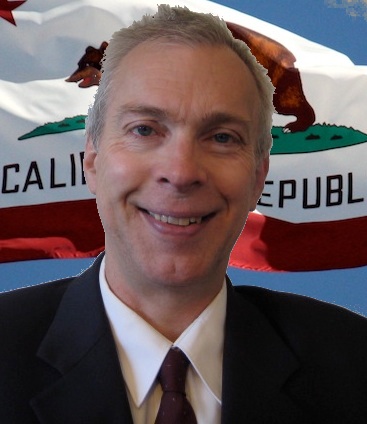slow growth and relocalized monetary growth versus velocity vectorized fast growth
"Tax Policy is Economic Policy!"
(series: part 1 of 2)
This sustainable growth strategy is crucial not just to end the recession but as a model for the whole world in the decades to come:
from Nicholas Stern: Recession is the time to build a low-carbon futureThe next few years present a great opportunity to lay the foundations of a new form of growth that can transform our economies and societies. Let us grow out of this recession in a way that both reduces risks for our planet and sparks off a wave of new investment which will create a more secure, cleaner and more attractive economy for all of us. And in so doing, we shall demonstrate for all, particularly the developing world, that low-carbon growth is not only possible, but that it can also be a productive and efficient route to overcome world poverty.
[George Monbiot has written that even] Lord Stern made it too easy: he appears to have underestimated the costs of mitigation. As the professor of energy policy Dieter Helm has shown, Stern's assumption that our consumption can continue to grow while our emissions fall is implausible. To have any hope of making substantial cuts we have both to reduce our consumption and transfer resources to countries like China to pay for the switch to low carbon technologies. As Helm notes, "there is not much in the study of human nature -- and indeed human biology -- to give support to the optimist."
But we cannot abandon mitigation unless we have a better option. We don't. If you think our attempts to prevent emissions are futile, take a look at our efforts to adapt. Where Stern appears to be correct is in proposing that the costs of stopping climate breakdown, great as they would be, are far lower than the costs of living with it.
from If we behave as if it's too late, then our prophecy is bound to come true
The Venus Syndrome looms ahead with continuing the growth economy's "business as usual".
The changes we make to the climate by burning fossil fuels could last millions of years but, after we've gone, Earth's underlying thermostat should be able to regain control. That is not guaranteed, however. Both Venus and Mars were habitable once. Perhaps we should heed their warning and take better care of the thermostat our planet has so generously provided.
---
Nature adds 5% more global greenhouse gases (ghg) yearly and all of that is absorbed in the carbon cycle. Mankind adds twenty times more than Nature and the excess ghg stays in the atmosphere and increases the temperature. Science tells us that humans are forcing the natural carbon cycle by 20 times the amount that nature assimilates its own carbon dioxide contribution (5% of man-made CO2). Economic activity will be 400% higher by mid-century with those in China and India consuming on the level of the US today. Yearly economic growth is pegged at 3%.
---
Real wealth - defined.
Real wealth is measured in a steady-state, sustainable economy based on zero carbon emissions, reset to a CO2 neutral flux, economic activity reset to much lower levels of consumption and a redefinition of the global economy into a constellation of revitalized, relocalized communities based on bio-regional determinism, watersheds, and local access to necessities of life, education, culture, health care for all.
---
What we need to determine is how to peg the level of economic activity to a carbon-neutral, steady-state economy - in which there is a cessation of greenhouse gas forcing beyond nature's self-regulating level - an economic level supported at 5% of current greenhouse gas production.
To approach tax policy for a steady state economy, we need qualitative metrics of economic output and growth as a function of carbon-neutral systems outcomes.
(Note: You can view every article as one long page if you sign up as an Advocate Member, or higher).





